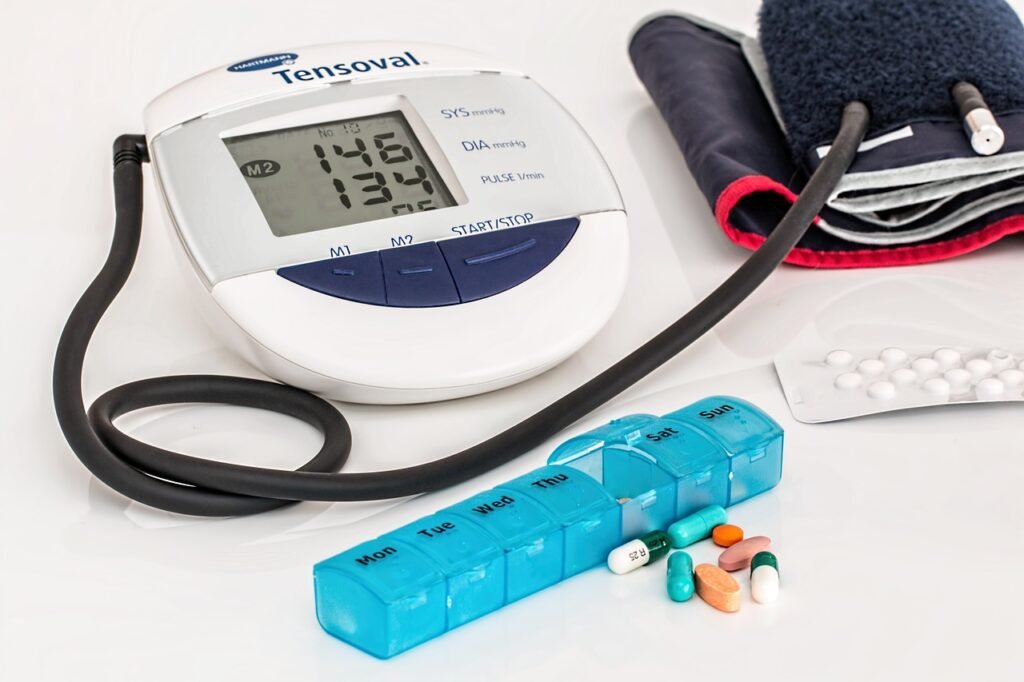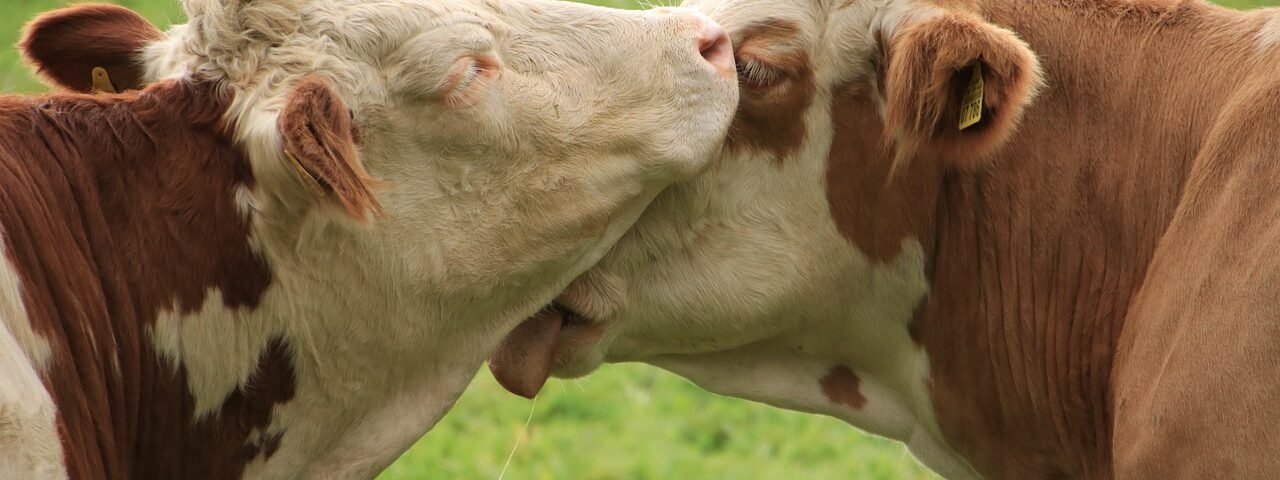Why go vegan? Because it is good for your health, good for the environment, and good for the animals. It might be helpful to define some terminology. If someone says they are vegetarian, they probably eat animal products, but avoid animal meat, and technically, are lacto-ovo-vegetarian. I thought meat was pretty basic. To me, generally things are animal, mineral, or vegetable But, I can’t tell you how many times I had to explain that chicken, lamb, and fish were, in fact, meat. (Actually, I don’t think I ever had to explain about lamb, but as it was a famous scene in the movie “My Big, Fat, Greek Wedding” I thought I’d include it here.) And what are animal products? Anything that comes from an animal other than meat, such as eggs, cheese, milk, or any products made using those ingredients. There are vegetarians who will eat eggs, but not milk (ovo-vegetarians), vegetarians who will eat milk products, but not eggs (lacto-vegetarians), but they will generally be more than happy to explain this to anyone who will listen. Vegans avoid both animal meat and animal products.
As if this isn’t confusing enough, there are flexitarians – those who avoid meat sometimes, pollo-vegetarians – those who will eat chicken or other forms of poultry (turkey, duck, etc.), and pesca-vegetarians – those who will eat fish. But as someone who has not eaten meat since 1985, I believe that they are not vegetarians at all. They are carnivores with exclusions, not vegetarians with inclusions.
For Your Health
Boost Your Heart Health

A vegan diet can significantly improve your heart health. Studies have shown that plant-based diets can reduce cholesterol levels and lower blood pressure, reducing the risk of heart disease. According to the American Heart Association, individuals who follow a vegan diet have a 32% lower risk of developing heart disease compared to those who consume animal products.
Manage Your Weight
Maintaining a healthy weight is crucial for overall health. Vegan diets are typically lower in calories and higher in fiber, which can help you feel full and satisfied. Research indicates that vegans tend to have a lower body mass index (BMI) than non-vegans.
Improve Your Digestive Health
A diet rich in fruits, vegetables, whole grains, and legumes provides ample fiber, which is essential for good digestive health. High-fiber diets can help prevent constipation, reduce the risk of colon cancer, and promote a healthy gut microbiome.
For the Environment
Reduce Your Carbon Footprint
The environmental benefits of a vegan diet are substantial. Animal agriculture is a leading contributor to greenhouse gas emissions, deforestation, and water pollution. By choosing plant-based foods, you can significantly reduce your carbon footprint. According to the United Nations, livestock farming accounts for 14.5% of all human-induced greenhouse gas emissions.
Save Water
Water conservation is another critical aspect of environmental sustainability. Producing animal products requires far more water than growing plants. For instance, producing one pound of beef requires over 1,800 gallons of water, while one pound of tofu needs only 244 gallons.
Preserve Wildlife Habitats
Animal agriculture is a major driver of deforestation and habitat loss. By reducing the demand for animal products, we can help preserve natural habitats and protect biodiversity.
For the Animals
Compassion for Animals
Adopting a vegan diet is a powerful way to show compassion for animals. Factory farming practices often involve significant animal suffering. By choosing plant-based foods, you are taking a stand against these practices and supporting more humane treatment of animals.
Ethical Considerations
Many people are motivated to go vegan for ethical reasons. The belief that all sentient beings have the right to live free from harm and exploitation is a core principle of veganism.
How to Transition to a Vegan Diet
Start Slowly
Transitioning to a vegan diet doesn’t have to be an all-or-nothing approach. Start by incorporating more plant-based meals into your diet gradually. You might begin with Meatless Mondays or try vegan breakfasts for a week.
Experiment with New Recipes
One of the joys of adopting a vegan diet is discovering new foods and recipes. Explore different cuisines and experiment with ingredients you’ve never tried before. There are countless delicious vegan recipes available online and in cookbooks.
Find Vegan Alternatives
These days, there are vegan alternatives for almost every animal product. From plant-based milk and cheese to meat substitutes, you can still enjoy your favorite dishes while making more ethical choices.
Seek Support
Transitioning to a vegan diet is easier when you have support. Join online communities, attend local vegan events, and connect with like-minded individuals. Sharing your journey with others can provide encouragement and inspiration.
Educate Yourself
Knowledge is power. Learn about the nutritional aspects of a vegan diet to ensure you’re getting all the essential nutrients. Resources like the Vegan Society and registered dietitians specializing in plant-based nutrition can provide valuable guidance.
Conclusion
Embracing a vegan diet is a wonderful way to improve your health, support environmental sustainability, and show compassion for animals. By making gradual changes and seeking support, you can transition to a vegan lifestyle without feeling overwhelmed. Remember, every small step you take makes a difference. Why not start today and experience the numerous benefits of a vegan diet for yourself?
Additional Resources
- Books: How Not to Die by Dr. Michael Greger, The China Study by T. Colin Campbell, The Blue Zones by Dan Buettner
- Websites: The Vegan Society, Forks Over Knives
- Documentaries: Cowspiracy, What the Health, Forks Over Knives
By incorporating a vegan diet into your life, you’re making a positive change that benefits not only your health but also the planet and its inhabitants. With each meal, you have the power to create a better world. Happy eating!


